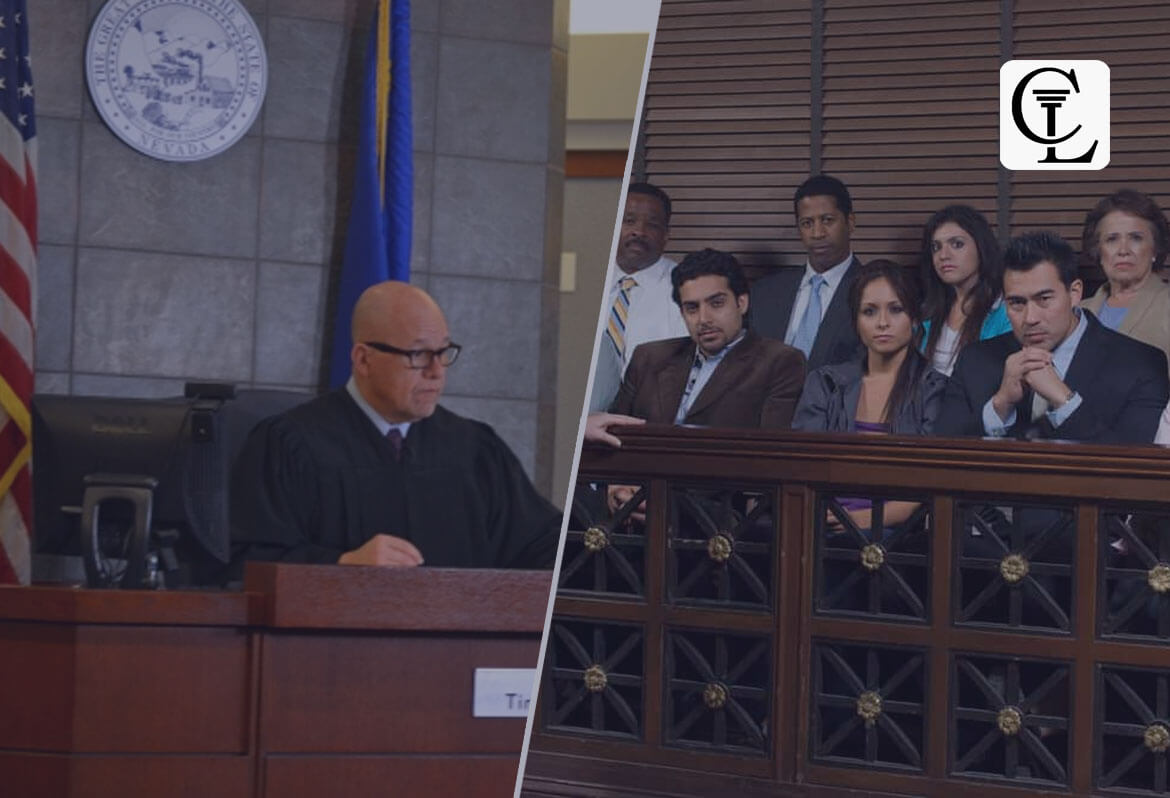Facing a Massachusetts Dangerousness Hearing? Here’s What You Need to KnowIn Massachusetts, facing certain criminal charges could mean being held without bail before your trial. This happens through the Dangerousness statute, a law that allows courts to detain individuals who pose a serious threat to public safety, or the safety of any particular person.What Crimes Can Trigger a Massachusetts Dangerousness Hearing?
Certain crimes can lead to a Dangerousness Hearing, including:
- Enumerated Offenses: Certain crimes explicitly listed in the law, such as arson, witness intimidation, violation of an abuse prevention order, and specific firearm and drug offenses.
- Domestic Violence Crimes: Any misdemeanor or felony involving “abuse” under Massachusetts’ domestic violence laws.
- Felony Offenses Involving Force: This category includes crimes involving the use, attempted use, or threat of physical force. For example, assault with a dangerous weapon can trigger a Dangerousness Hearing, but assault and battery with a dangerous weapon does not. Similarly, rape charges qualify, but statutory rape does not.
The Impact of a Dangerousness Hearing on Your Bail RightsUnder the Massachusetts Dangerousness Hearing statute (Mass. Gen. Laws Ch. 276, §58A), if the court determines that you are a danger to someone’s safety, it can order pretrial detention without bail for up to 120 days (or until trial), even though you are still legally presumed innocent. This decision can be made at your very first court appearance, making it critical to consult with a skilled Massachusetts criminal defense attorney as soon as possible.How to Fight a Massachusetts Dangerousness HearingFacing a Dangerousness Hearing requires a strong legal defense. Your attorney can challenge the prosecution’s evidence, present evidence in your favor, and argue for conditions of release instead of pretrial detention. Some common defense strategies include:
- Challenging the prosecution’s evidence and witness credibility.
- Presenting mitigating factors that show you are not a danger to the community.
- Proposing alternative conditions of release, such as electronic monitoring or supervised probation.
Facing a Massachusetts Dangerousness Hearing? Contact an Experienced Massachusetts Criminal Defense Attorney TodayIf you or a loved one is facing criminal charges and the possibility of detention under the Massachusetts Dangerousness statute, you need strong legal representation to fight for your rights and freedom. Our law firm focuses on criminal defense, OUI defense, and pretrial release advocacy, ensuring that our clients receive the best possible outcome.
 Contact us today for a free consultation, and let us help you build a strong defense against pretrial detention.
Contact us today for a free consultation, and let us help you build a strong defense against pretrial detention.







